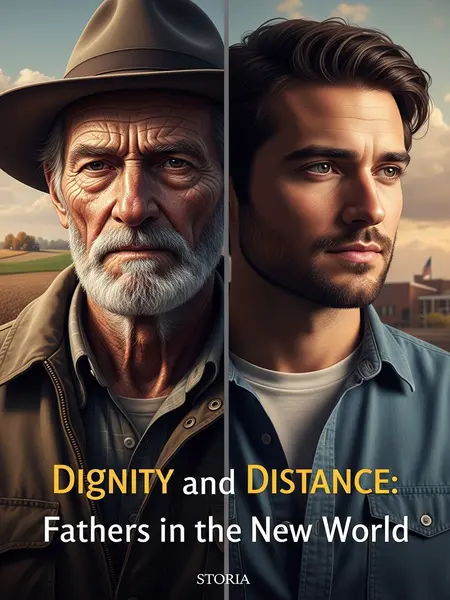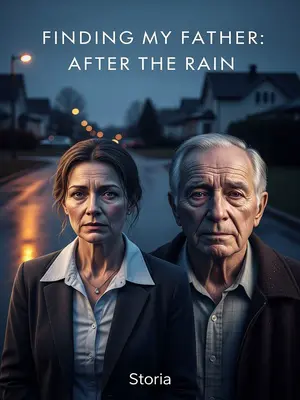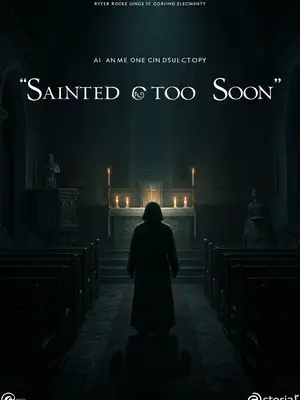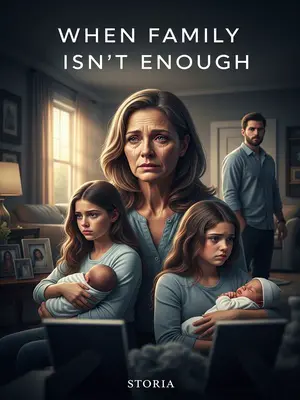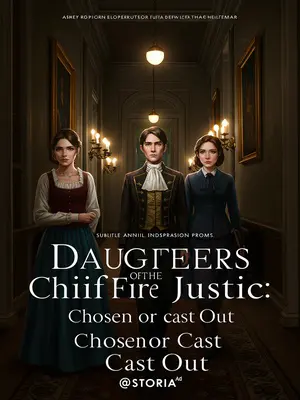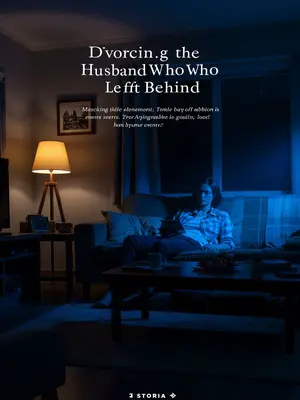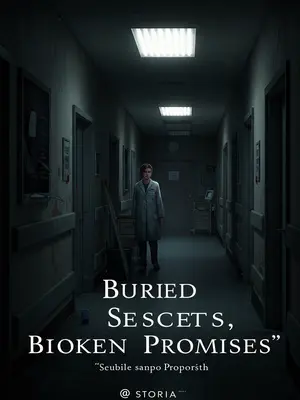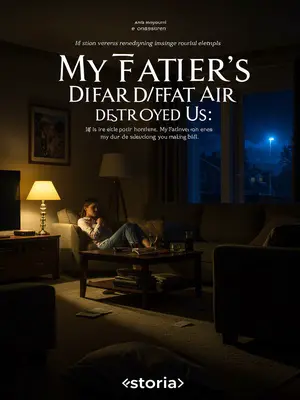Chapter 1: The Distance Between Us
I’ve always felt that those of us born in the late ‘70s and ‘80s lived through some of the biggest, most seismic shifts in American life. If you ask me, that’s why the generation gap between us and our fathers can feel nearly impossible to cross sometimes.
Sometimes I wonder if anyone else feels it—that weird sensation, like we grew up with one foot planted in the old world and the other in the new, always kind of tripping over the line in between (at least, that’s how it felt to me). For those of us raised on cassette tapes, Saturday morning cartoons, and the dial-up days of the Internet, it’s like we’re always translating between two languages: our own, and our fathers’. That bridge is shaky, patched together with half-remembered customs and a whole lot of awkward silences and unspoken rules.
And for fathers and sons? Man, that’s always been a complicated dance.
It’s a dance as old as time. But here in America, with our obsession with independence and our awkwardness around feelings, it’s got its own sharp edges. We grow up wanting to be just like them. And nothing like them, all at once. There’s pride, rivalry, love, distance—all tangled up together.
Our fathers’ lives were shaped by Vietnam, the oil crisis, factory layoffs. After that, the American Dream started to unravel. You can almost feel the weight of it—a whole generation watching things slip away, one by one.
They grew up with the news blasting from a kitchen radio, the world outside changing faster than you could blink. They saw neighbors pack up and leave, watched dreams get foreclosed, learned to grit their teeth and keep their heads down. For them, dignity was something you fought for. Even when the rules kept changing, you didn’t let go.
Our generation, though? We were shaped by study abroad, by startups, by the rise of individualism. We’re the ones who grew up being told we could be anything—so we tried. Remember those first college applications, or the time someone asked, “What do you want to be?” and you actually thought you could pick anything? We watched the world get smaller, faster. We chased opportunities our dads never dreamed of. Sometimes, without even realizing it, we left them behind. Our dreams were built on their sacrifices, even if we didn’t always see it.
Somewhere in that wide, deep gulf, our fathers fought to hold on to their status and dignity. That fight turned into a stubborn reserve, and then into the distance that followed. You could almost picture it—a wall, invisible but solid, built out of things never said. That wall always becomes a heavy regret, sooner or later.
It’s that wall I keep coming back to—the words we never spoke, the moments that slipped right through our fingers. I see it in guys my age—we all carry around our own regrets, you know? Wishing we’d reached across that gap while we still could.
For us, the old saying “The child wants to care for his parents, but they’re already gone”—it’s not just about sitting at a bedside. It’s about whether, in this short life, we can find some kind of peace and understanding, soul to soul, before the clock runs out. Maybe it’s about making peace with what’s possible, and letting the rest go.
It’s about those silent car rides, the awkward hugs, the words we rehearse in our heads but never actually say out loud. It’s about hoping that, somehow, before it’s too late, we’ll finally manage to see each other—really see each other—for who we are. Even if it’s just for a second.
This is the story of Hank Ellis’s dad. Through him, I tried to capture the American father I knew.
When I set out to tell his story, I wanted to shine a light on the fathers I’ve known—the ones who let their actions do the talking, whose love was steady but mostly hidden beneath the surface.
In him, I caught glimpses of so many fathers I’ve known.
I saw them standing at the edge of the yard at dusk, hands shoved in their pockets, watching but never interfering. I noticed the pride in their eyes, the worry etched into their brows, the way they’d clear their throats before saying anything that mattered.
I saw love. I saw dignity. I saw stubbornness and grit.
It’s the kind of love that’s quiet, but unbreakable. The kind of dignity that keeps them from asking for help, no matter what. The stubbornness that makes it impossible to say, “I’m sorry,” even when they want to. The grit that keeps food on the table, even when the world’s upside down.
I also saw too many men killing it at work, but carrying around heavy regrets about their dads.
I’ve seen men who could run a boardroom or fix anything with their hands, but who still worry about what their old man thinks. I’ve seen them light up at a rare compliment, or ache for a connection that never quite happened.
I hope you’re not Hank Ellis. But if you are—if you see yourself in these words—maybe, just maybe, you’ll make that call, or say what needs saying, before it’s too late. Wouldn’t that be something?
Where It All Began
I’m Hank Ellis, born in 1979, and these days I’m a professor at a university in the States. (Yeah, I know—who saw that coming?) Today, I want to tell you about my father, Old Hank.
